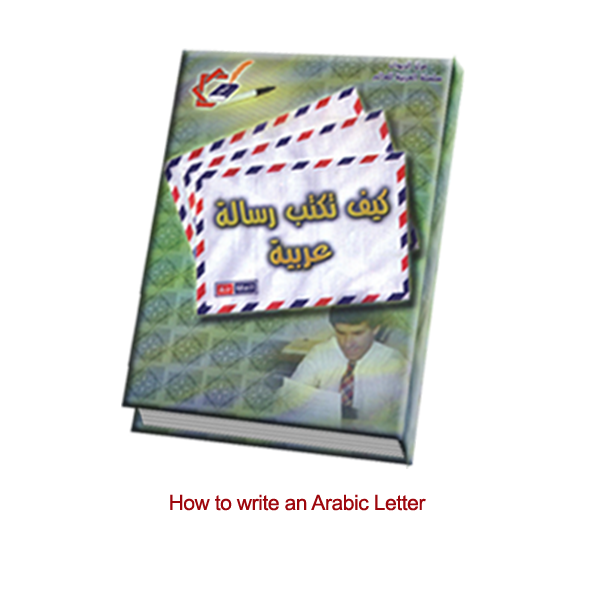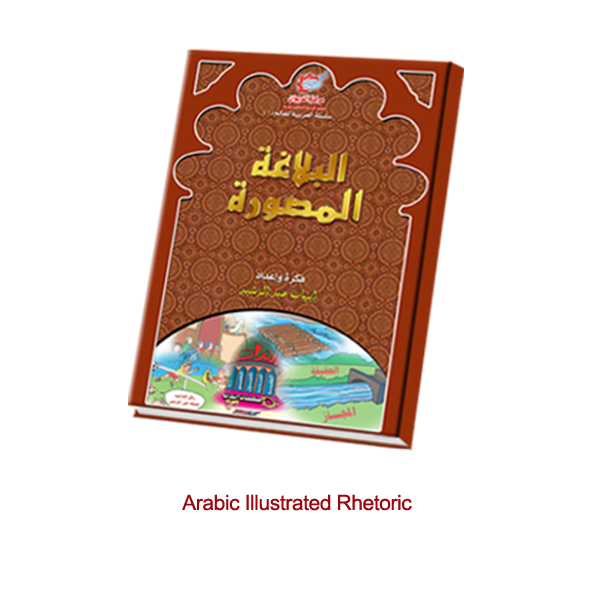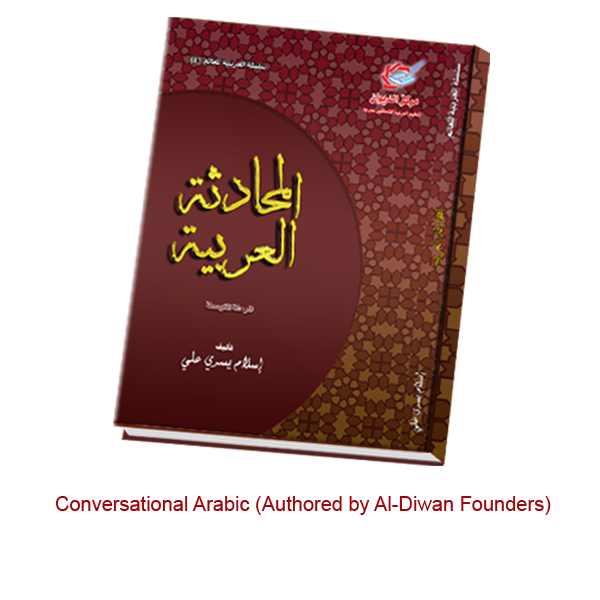
Al-Diwan offers different learning tracks for learning the Arabic language to suit students' different goals

Overview
Modern Standard Arabic (MSA), Standard Arabic, or Literary Arabic is the standardized and literary variety of Arabic used in writing and in most formal speech. (MSA) is the literary standard across the Middle East, North Africa, Horn of Africa and one of the official six languages of the United Nations. Most printed matter in the Arab League -including most books, newspapers, magazines, official documents, and reading primers for small children- is written in MSA.
Overview
Egyptian Colloquial Arabic (ECA) is spoken natively by more than 55 million Egyptians, and as a second language by most of the remaining 25 million Egyptians, as well as by immigrant Egyptian communities in the Middle East, Europe, North and Latin America, Australia and East Asia....
Learn MoreOverview
Al-Diwan offers several specific programs to suit those who want to learn Arabic for a specific purpose or who want to take specialized advanced lessons in a specific part of Arabic as Conversational Arabic (Fus-ha) or Al-Nah'w (Arabic Grammer), or who even want to learn some specific skills as writing, reading ...
Learn More



This stage aims at training students to use Arabic in their daily lives, so that they can
a) Introduce themselves and get acquainted with people.
b) Order food in a resturant.
c) Tell a taxi driver where they want to go.
d) Buy fruits and vegetables.
e) Exchange money, tell the time in Arabic.
f) Speak about themselves and their daily life.
g) Make a phone call.
h) Show sympathy with patients.
The aims of this stage are to enable students to
a) Use the modern languge so that they can understand the general idea of a journalistic article or a novel.
b) Use Arabic to describe historical,geographical, and political fields.
c) Know the proverbs used in the Arab world and compare them with proverbs in their own language.
d) Know about various arts in the arab world such as calligraphy and arabesque.
e) Know Arabic poetry and be familiar with famous poets such as Ilia Aby Mady and famous writers such as Najeeb – Mahfouz.
f) Take part in job interviews and Describe their experiences
g) Manage a conversation with Arabs in general topics. After this stage the student can continue to study Advanced Modern Arabic or customized courses that fit his goals e.g. to study the languag used in Mass Media ; to study Arabic for the purpose of trading or any other purpose.
h) Become more aware of Arab customs for example in marriage, death, and celebrations.
The student performs readings from selected Arabic and Islamic books, dating back to the golden age of Arab civilization. During these levels, the student studies Arabic Rhetoric, the History of Arabic Literature, and selections from traditional texts.
*All these books are available at Al-Diwan.






“Continuous Evaluation” of all instructional components; Student, Teacher, Curriculum, and Administration is a main principle at Al-Diwan. We have accordingly implemented the following evaluation systems in order to continuously improve our programs.
- A placement test must be taken before the student starts taking courses. This test helps us determine exactly what level of language proficiency the student possesses at the onset of his or her studies.
- A daily evaluation is conducted through homework assignments, class participation, and quizzes.
- Mid-level Exams should be passed.
- Final Exams should be passed.
- At Al-Diwan, the student’s learning performance is evaluated according to the following criteria: Class Participation, Oral Exam, Mid-level Test and Final Exam.
- Daily administrative supervision and follow-ups on teacher performance using technical forms and logs
- A teacher evaluation form, which the students will fill out at the end of each course
- Periodic discussions with students on their opinions of the study system, their feelings regarding the achievement of their study goals, and their suggestions by way of improvement.
- During and after each program there is an evaluation conducted to assure the whole instruction experience, guided by students’ evaluation forms collected at the end of the program, instructors’ feedback, and administration notes.
- Al-Diwan organizes regular instructor meetings and workshops to evaluate curriculam, making the necessary additions or changes in an effort to better meet the students’ goals and increase our effectiveness in language instruction.
- Al-Diwan has an administrative system that ensures every staff member is putting what is expected of effort in his work time. Every branch manager, staff member and employee has his own duties to be accomplished in a specific timeframe. Administrative evaluation is always conducted to find gaps in performance, extraordinary and above-average performance, and therefore the top administration decisions come to either reward or remedy that work results.